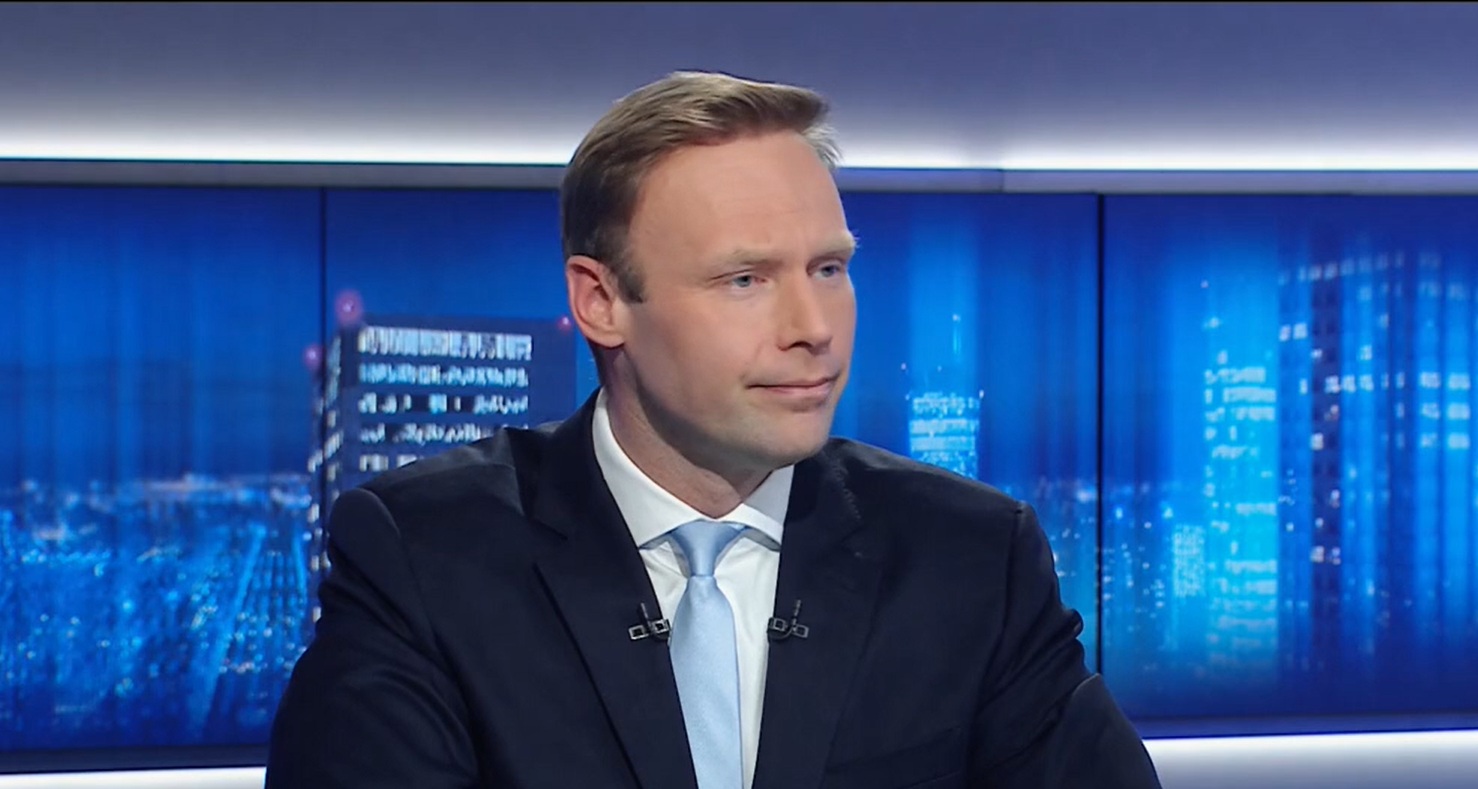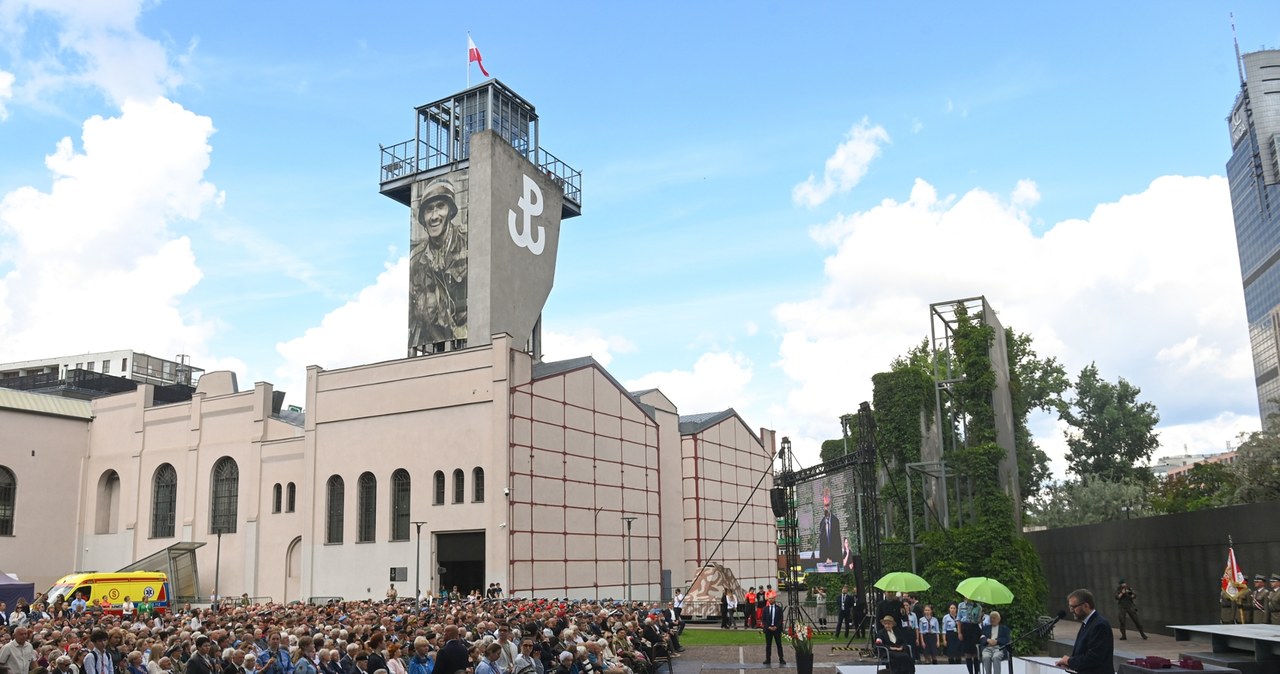Food inflation will surge to 6% by the end of the year, delivering a "significant challenge" to household budgets just as families prepare for Christmas spending. Industry leaders have warned that rising prices and job losses are inevitable if the Chancellor continues to hike taxes in future budgets.
The British Retail Consortium (BRC) revealed that two thirds of chief financial officers expect further price rises ahead. A stark 56% of retail finance chiefs - representing more than 9,000 stores across the country - are "pessimistic" about trading conditions over the next 12 months.
Budget impact forces price rises
The survey found that 85% of businesses had been forced to raise prices following the last budget's increases to employer national insurance and the national living wage. Two thirds of retailers predict further price rises in the coming year as they struggle to absorb mounting costs.
The BRC's latest figures put current food inflation at 4%, but the organisation predicts this will climb to 6% higher year on year by Christmas. The consortium warned: "This will pose significant challenges to household budgets, particularly in the run-up to Christmas."
Job cuts hit retail sector
Beyond price increases, retailers are taking drastic action to manage costs. Some 42% of chief financial officers have frozen recruitment, while 38% have reduced job numbers in-store.
The employment impact is already visible in official statistics, with almost 100,000 fewer retail jobs in the first quarter of 2025 compared to the previous year. More than a third of finance chiefs have cut investment in local communities, while 15% have delayed opening new stores.
Industry warns of inflation spiral
Helen Dickinson, BRC chief executive, said retail was "squarely in the firing line" of the last budget, with the industry hit by £7 billion in new costs and taxes. She explained that retailers had done everything possible to shield customers from higher costs, but given slim margins and rising employment costs, price rises were inevitable.
"The consequences are now being felt by households as many struggle to cope with the rising cost of their weekly shop," Dickinson said. "It is up to the Chancellor to decide whether to fan the flames of inflation, or to support the everyday economy by backing the high street and the local jobs they provide."
Grocery prices accelerate rapidly
Market research firm Worldpanel by Numerator reported last week that UK grocery prices had increased at their fastest pace for 18 months. Grocery price inflation accelerated to 5.2% in the four weeks to July 13, up from 4.7% a month earlier and the highest level since January 2024.
The data indicates that rising prices are set to add an average of £275 to shoppers' annual grocery spending. In January, the BRC had predicted food prices would rise by an average of 4.2% in the latter half of the year, with industry chiefs suggesting there was "little hope of prices going anywhere but up".
(PA) Note: This article has been edited with the help of Artificial Intelligence.















